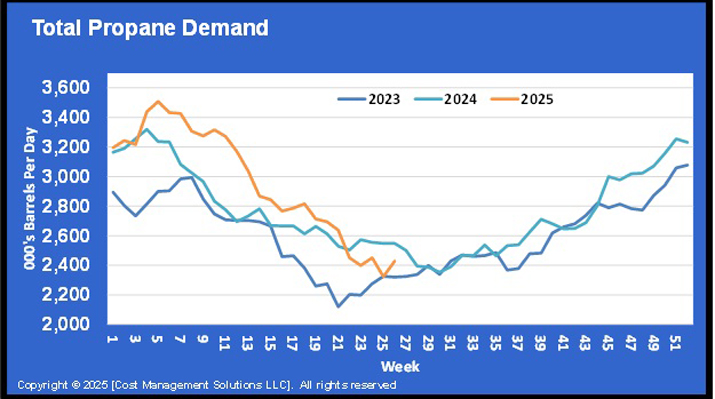10 ways to secure propane business websites

Protecting your propane operation’s website is key to a proper digital presence. Photo: iStock.com/Kutubq
With a focus on creating responsive, mobile “websites that work,” Jake Woodbury, a senior web developer at Warm Thoughts Communications, has completed hundreds of client sites over recent years while developing new tools and custom scripts to meet their needs. He offers 10 key tips to protect your website – and your business:
1. Make sure your website is encrypted – automatically redirecting all non-secured content (http) to your secured URL (https). This is becoming a standard in today’s digital space. You can confirm this by checking for the padlock icon by the URL at the top of your browser.
2. If you’re using a content management system such as WordPress, make sure to always update it to the most recent version. Security vulnerabilities are typically detected and patched early on before they become mainstream problems.
3. Limit your site’s global access to the U.S. With the majority of hacking operations coming from overseas, it’s better to be safe than sorry.
4. Do not store sensitive data on your website. Make sure your site is compliant with all regulations when it comes to handling personal information such as credit card numbers and social security numbers.
5. Select a trusted, reputable host for your website – even if it’s not the most affordable option. Inexpensive hosting solutions often have less rigorous security settings or even mis-configurations, which lead to more “open” ports, or attack surfaces. The more lenient or “flexible” these servers are, the more vulnerabilities they expose.
6. Make sure your site has a strong foundation. Anywhere your website is connected to a database runs the risk for SQL injection – a standardize language for retrieving and manipulating data. This alone can instantaneously compromise your entire website.
7. Be vigilant and adopt safe email use and phone practices. Hackers are always on the cutting edge of technology, and there is always more than one way to be attacked.
8. Equip all computers on your network with anti-virus software. While not every computer hosts the files of your website, they often have shared access to your website or other sensitive billing data.
9. Secure your local WiFi network at the highest possible level. WiFi networks are commonly targeted by hackers and grant them access to all of your computers.
10. Use unique or randomly generated passwords for everything. While this seems like common sense, it’s amazing how many passwords that I see repurposed regularly that can be simply guessed.
This web exclusive was a part of “The digital imposter” feature that appeared in the June 2019 edition of LP Gas.
Jake Woodbury is senior web developer at Warm Thoughts Communications, a marketing firm specializing in digital communication and advertising solutions for propane companies.
















